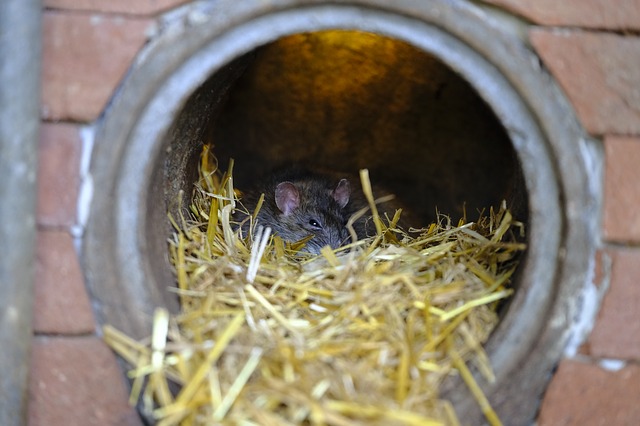A large number of rats have been making their way through Cape Town’s streets and sewer system, and have become such an issue that the topic has made it onto the City of Cape Town’s agenda. This was first highlighted when Farouk Cassim, caucus leader of the Cope Political Party, submitted a question to Mayor Dan Plato on the City’s measures to combat the vermin.
“Increased urbanisation and the resultant densely populated informal settlements, waste management practices and the availability of abundant food sources has resulted in the proliferation and explosion of the rodent population in certain areas of Cape Town,” Plato responded, as reported by IOL.
“The typical breeding patterns of rodents in high activity areas are no longer influenced by the seasonal changes in weather. Higher numbers of complaints are, however, received in spring and autumn as rodents are more often observed as they look for more favourable shelter before winter and move outside again in spring.”
There are a total of 10 869 permanent block baiting points located across the city. The locations of baiting points are determined by which areas report high rat activity, as well as the requirements of the International Health Act in terms of ports of entry into South Africa.
According to Cassim, a number of Rondebosch and Khayelitsha residents have complained about the infestation.
“There is a problem with the mayor’s reply to the question because it seems that all departments are not working together to combat this problem. Solid waste management has not been pulling its weight and it seems that the City has no clear policy on what to do,” he said.
Plato said the Solid Waste Management team has been inconsistent with their monitoring and cleaning. The City’s health directorate has spent a total of R78 8174 on rodent control services in the past year. An additional R200 000 has been set aside for rodent control projects in Khayelitsha.
Picture: Pixabay

